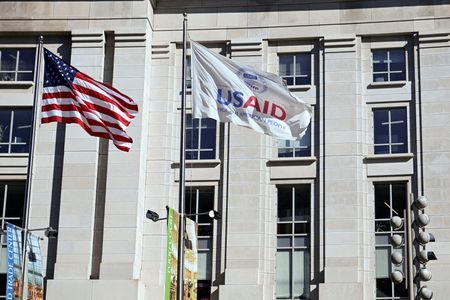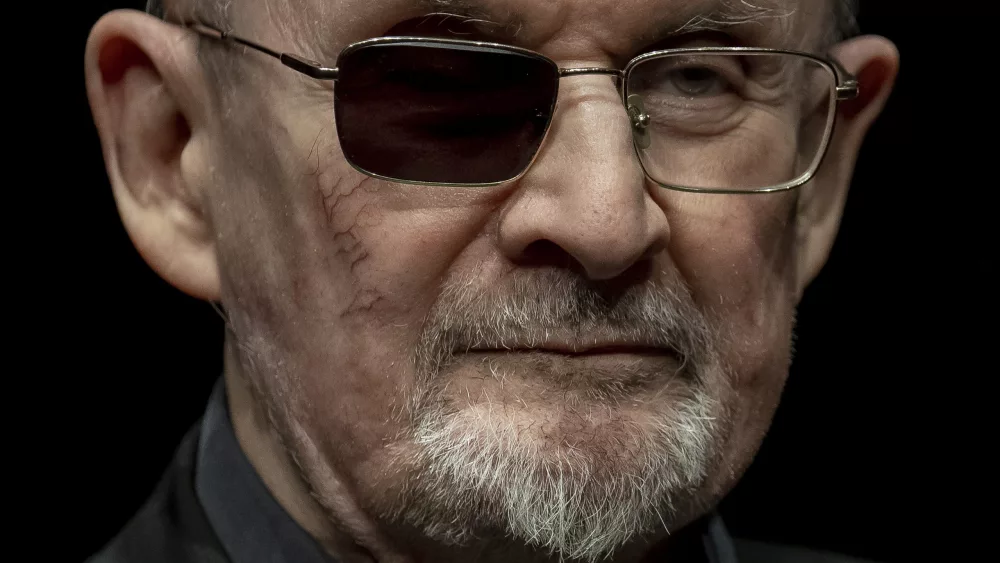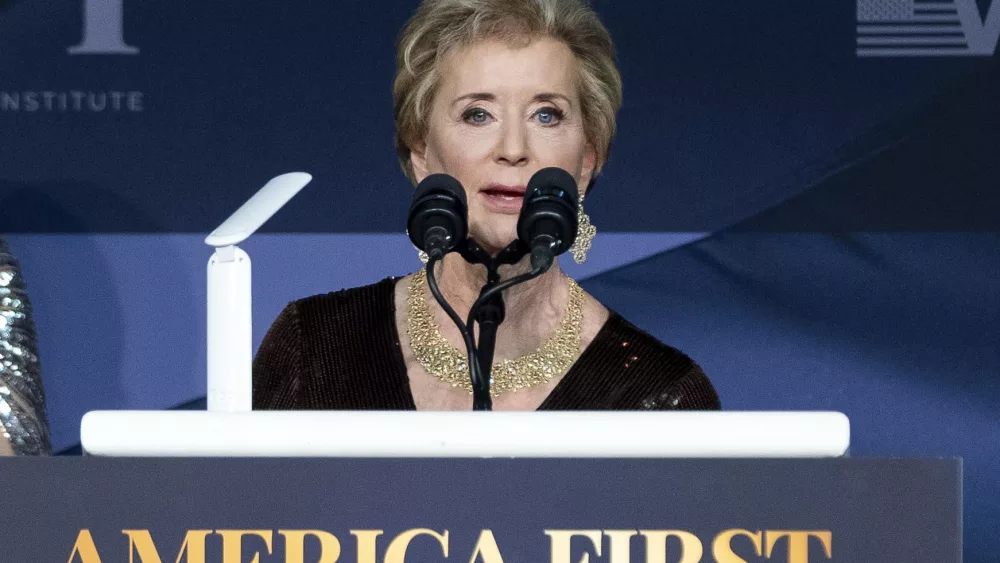By Dave Sherwood
HAVANA (Reuters) – Some U.S.-funded media outlets that report on Cuba are seeking alternative sources of financing while the Trump administration pursues a plan to dismantle the U.S. Agency for International Development (USAID), leaving their fate in limbo.
The U.S. State Department has issued worldwide stop-work directives – now under court review – that have effectively frozen most foreign aid, including funding for media outlets that cover Cuba but operate independently of the Cuban government.
The move to dismantle USAID, Trump has said, is aimed at ensuring foreign aid is aligned with his “America First” policy.
Miami-based CubaNet, which received a dedicated $500,000 from USAID in 2024 to engage “on-island young Cubans through objective and uncensored multimedia journalism,” last week published an editorial on its site seeking donations from readers.
“We are facing an unexpected challenge: the suspension of key funding that sustained part of our work,” the editorial read. “If you value our work and believe in keeping the truth alive, we ask for your support.”
The Madrid-based Diario de Cuba, in a column from Director Pablo Díaz Espí on Friday, launched a similar plea.
“Aid to independent journalism from the U.S. Government is suspended, which makes our work even more arduous,” Diaz Espi said.
The decision to slash the funding appears to conflict with a broader U.S. government policy towards Cuba that has long funded opposition and human rights advocacy groups, as well as “independent” media.
USAID funding for Cuba-related media amounted to $2.3 million in 2024, according to agency budget reports, the majority earmarked for programs titled “Independent Media and Free Flow of Information.”
The programs infuriate the Cuban government, which has long chided the U.S. and its aid agency for underwriting digital news outlets it calls proxies for U.S. foreign policy.
Foreign Vice Minister Carlos Fernandez de Cossio called the U.S.-funded media “dependent on its master,” in a Friday post on social media.
“Is there anything independent about a journalist, an activist or an opposition member who lives off the money paid by the US government through USAID and now feels suffocated when they shut off the tap?,” de Cossio said.
The Cuban government allows some foreign news agencies and outlets to work in Cuba, but has largely prohibited U.S.-government funded media from operating on the island, forcing many journalists into exile and pressuring others to stop their work.
Most such news sites are censured in Cuba, including some, like online website CiberCuba, which says it does not receive U.S. or government funding of any kind.
Newly appointed U.S. Secretary of State Marco Rubio, the son of Cuban immigrants, has promised to restore a “tough” policy on Cuba, doubling down on sanctions on the communist-run government.
Rubio has not commented on the halting of U.S. funding for the Cuba-focused media outlets.
(Reporting by Dave Sherwood; Editing by Sharon Singleton)
Brought to you by www.srnnews.com








